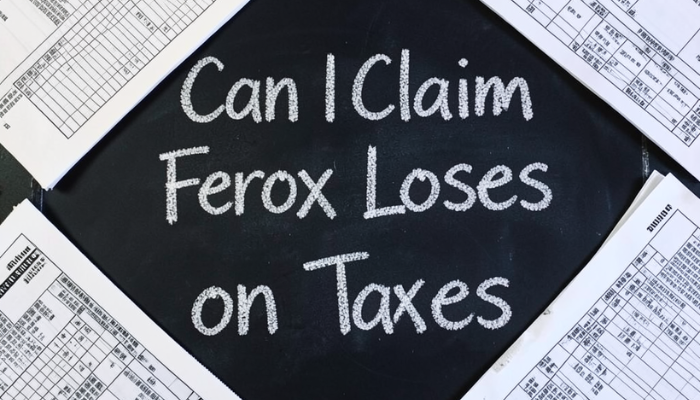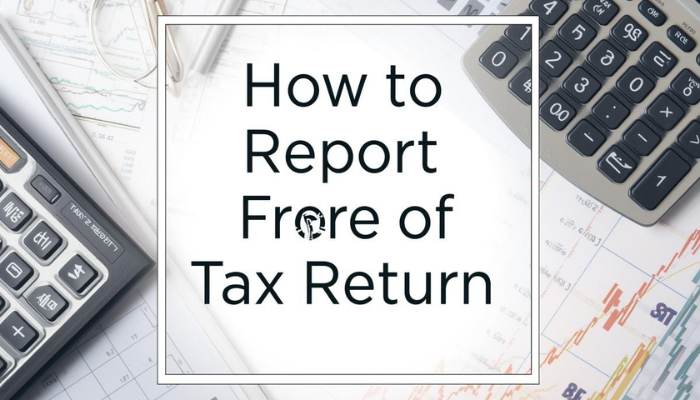
How to Become a Tax Advisor?
Merely going through the information about how to become a tax advisor is a piece of cake as compared to the rollercoaster ride of striving hard to master the strategies a taxation expert must possess. Tax advisors cater for the individualized as well as organizational needs of their businesses to navigate the perplexity of the complex world of taxation.
The skills of an accredited tax advisor (ATA) are demonstrated by the accuracy of his/her knowledge regarding the laws of finance and tax coupled with accounting, editing, and strategic planning effective enough to minimize the tax liabilities of the clients.
Tax advisors are also referred to as tax consultants. Their primary objective is to offer plenty of taxation services to their clients, whether they are individuals or renowned firms. From preparing tax returns to the calculation of past tax due payments and representation of the clients during audits, professional tax consultants assist you in the successful maneuver of the tax laws and regulations that strongly impact the financial circumstances of your organization.
Career Growth of a Tax Consultant
If you’re proficient in problem-solving and fond of playing and juggling with numbers, it is best to dive into the details of how to become a tax advisor as it offers promising career growth which keeps going following the annual modifications a country makes to regulate the state finances that are mandatory to be followed.
Read More: How to Become a Tax Consultant?
Responsibilities of a Tax Consultant
Accredited tax consultants interpret the complexity of finances and help people to remain in compliance and act within the rules and regulations of the laws of the country in which they reside. Following are the basic responsibilities of a tax advising expert that ideally minimize the financial liabilities with appropriate planning for careful tax preparation.
- Meeting owners of both small-scale and well-established businesses.
- Calculating tax liabilities
- Preparing tax returns
- Improvising taxation strategies for clients
- To stay updated with the tax laws and their amendments
- Using specific smart tools and software applications to gather and compile data
What Does a Tax Advisor Do?
Many tax consultants adopt the side hustle of mentoring relevant enthusiasts about how to become tax advisors. Being experts in formulating the best possible pieces of advice for taxation, they aim to decrease your taxable income and increase your tax refunds. A tax advisor:
- Ensure that their clients comply with the tax regulations.
- Research, advise, and consult about the issues that may arise in the world of taxation
- Represents the clients in front of the Internal Revenue Service (IRS)
- Review proposed legislation that would affect the clients’ taxes
A Comprehensive Guide on How to Become a Tax Advisor?
The two paths are designed to inform you of the taxation laws as per your educational goals, credentials, job interests, and search preparations.
Direct Approach
The direct approach comprises the following steps:
1. Educational Qualification
Earning a Bachelor’s degree in taxation, financial or business management. A classic approach that most educational institutions follow is to offer taxation courses at the Master’s level but now, many undergraduate programs do offer the same courses modified to be taught at the level of 16-year education which implies that you can opt for taxation right after the completion of your high-school.
2. Practical Exposure
It is highly recommended to get hands-on practice on taxation at the earliest opportunity. Gaining practical experience is the best way to witness the implementation of all the theoretical knowledge gained over a span of four or five years invested to gain a degree.
3. Certifications
Now that you’ve crossed half the path of ‘How to become a tax advisor?’ with a degree and experience in hand, it is best to meet the eligibility requirements and take the specific exam to become a certified tax advisor. Many reputable organizations offer preparatory classes making you firmly grasp the entire practical knowledge to be an expert tax consultant.
4. Seek Taxation Opportunities
Degree, relevant experience and certifications have mended your way to practice taxation by winning the first official job which is a gateway to begin your professional career where you can start work from entry-level roles and excel to senior positions.
Indirect Approach
The indirect approach comprises the following steps:
1. Career Switching
Some professionals might switch to taxation after gaining experience in relevant fields of work such as accounting.
2. Side Hustle Expertise
You can boost your credibility as a tax advisor while pursuing your original career path.
3. Planned Transition
Consultation opportunities should be explored by doing extensive market research for candidates having relevant qualifications. The creation of strategies to attract potential clients is necessary along with reviewing the credential options.
4. Entrepreneurship

The career of a tax consultant isn’t limited to a fixed salary for the rest of your life. You can launch your firm where the provision of taxation services to the clients can be ensured on a contract basis.
Should I Become a Tax Consultant?
Labor experts often view tax careers as stable, secure, and thriving despite economic fluctuations. Tax consultants remain in high demand as individuals and businesses must still meet their tax obligations.
As you consider becoming a tax advisor, consider the complexity of U.S. tax law when considering the steps needed to become one. According to the Tax Policy Center, tax policy shouldn’t simply exist to generate government revenue; instead, it should work towards stabilizing economies while offering assistance to vulnerable members of society. How to Become a Tax Advisor? The simple and easy answer is Yes!
Learning federal, state, and local tax law takes time, dedication, and hard work – but it can be highly rewarding and enjoyable for individuals equipped with the appropriate expertise! Well-established tax experts tend to enjoy strong job demand, creating the potential for earning higher incomes.
Required Experience for Tax Consultants
Tax professionals do not require extensive experience to start careers as consultants. However, employers and clients generally value your ability to navigate tax law efficiently while finding savings opportunities while remaining compliant – something that requires significant knowledge of tax codes and regulations for optimal performance.
Tax consultants typically acquire their knowledge through education and practical work experience. Consider taking one or both actions to build experience: Seek accounting internships or practicums while attending college, then use relevant coursework as leverage against entry-level jobs in tax processing or planning.
Establish yourself as an accounting or tax law professional. To be recognized by ACAT as an accredited tax advisor, at least three years of work experience specifically dealing with taxes are needed.
Conclusion
When thinking about how to become a tax advisor, remember that there are no hard and fast rules except for keeping yourself rationalized with the reformations in the taxes of your country of residence. However, the importance of authentic qualifications shouldn’t be neglected because tax advisors may have different educational backgrounds and experiences but the foundation of business, law, and accounting remain the same.
Also Read:


